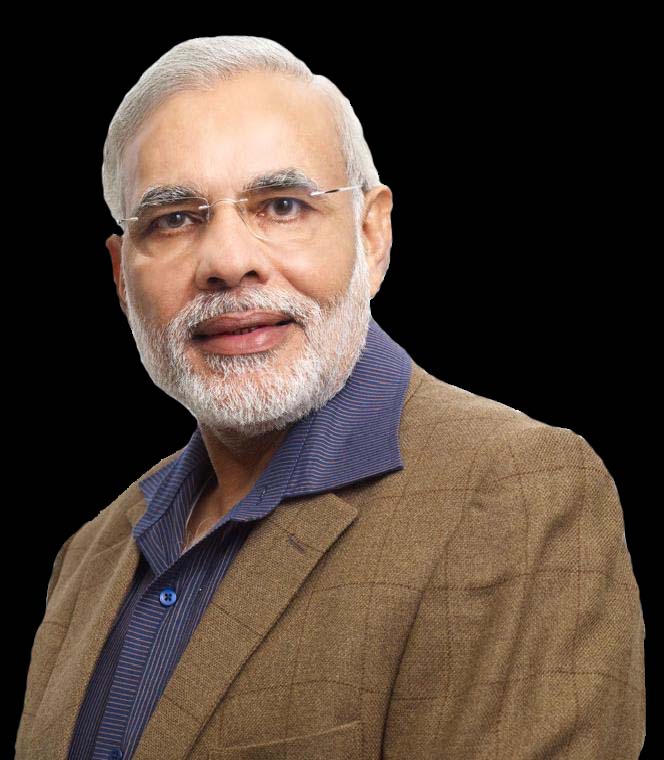
Reuters, New Delhi :
In his first 100 days, Prime Minister Narendra Modi has protected the food security of millions of Indians on the global arena, but early trends suggest his government’s pro-business policy will hurt the environment and the poor.
In “100 days review of NDA government” – a report released on Tuesday, focusing on issues faced by the country’s poor and marginalised – civil society groups delivered a mixed verdict on Modi’s coalition National Democratic Alliance (NDA) government, which swept to power in May.
Compiled by Wada Na Todo Abhiyan (WNTA), a coalition of more than 4,000 civil society groups, the report examines early trends and emerging policies in governance, environment, health, education and the rights of women and marginalised groups.
“There are several reasons to be optimistic such as India’s robust position regarding food security on the global stage, a mission mode attempt to end financial exclusion, plethora of schemes announced for women,” it said.
Last month, Modi’s government vetoed the adoption of a World Trade Organisation (WTO) treaty to streamline rules for shipping goods across borders.
The deal was blocked as the government wanted more attention paid to WTO limits on stockpiling food which it feared would impact its subsidised food distribution programme that aims to feed nearly 850 million people.
The WNTA – which includes charities such as World Vision, Jagori, Water Aid India and India Alliance for Child Rights – praised commitments to stem the rising reports of violence against women with efforts such as the establishment of 660 One Stop Crisis Centres for rape victims.
The NGOs also lauded Modi for a decision to make 50 essential generic medicines free of cost, commitments to build toilets in every home, and the better functioning of parliament.
One of the most worrisome trends in Modi’s first 100 days was a policy to expedite environmental clearances for industrial projects.
“The environment minister has declared that the environment ministry is no more the ‘roadblock ministry’, but one where decisions are being taken faster,” the report said.
“The civil society is concerned that haste or efficiency could be at the expense of justice and the well being of the environment, natural resources and community.”
It said within a month of assuming power, the NDA’s rural development minister hinted at diluting the amount of say local communities have in the exploitation of their natural resources.
Expansion of coal mines has been exempted from public hearings, and mid-sized polluting industries can now operate within 5 km of national parks and sanctuaries, as opposed to 10 km as indicated in a Supreme Court directive, it said.

